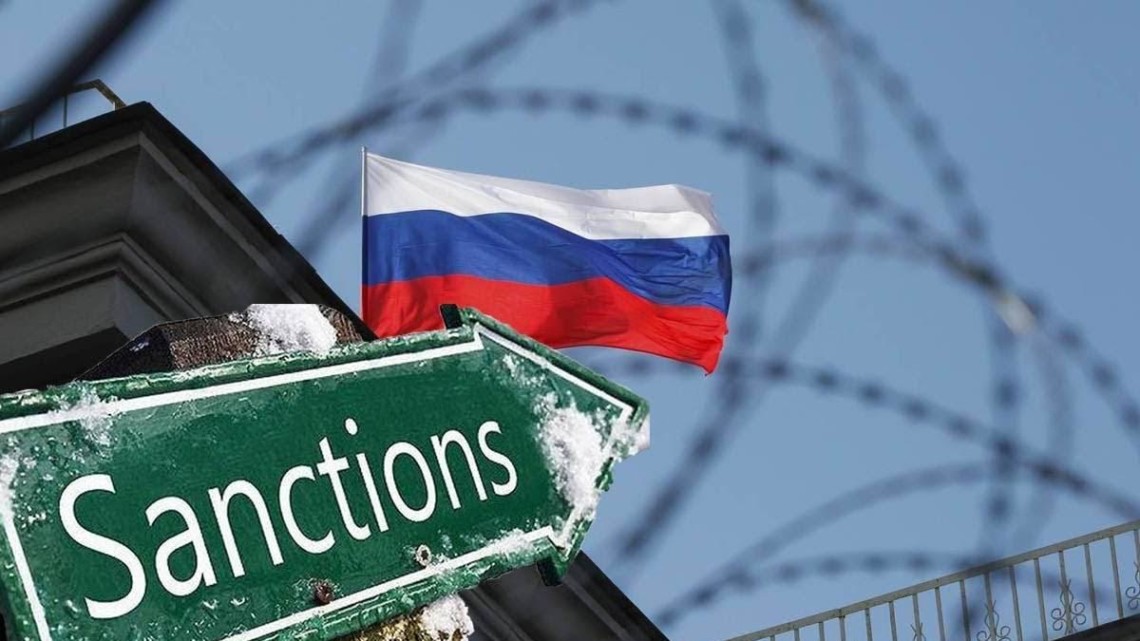Under pressure from Hungary: EU lifts sanctions against three Russians
14 March 12:42
The European Union has decided to expand the sanctions list against Russian citizens, including billionaires, after Hungary dropped its objections. The agreement will extend the sanctions for another six months, although three names were removed from the list at Budapest’s request. Bloomberg writes about this, citing sources, according to "Komersant Ukrainian"
The agency did not name the names of the individuals removed from the list.
Hungary’s role in the negotiations
Hungary, known for its pro-Russian stance and Prime Minister Viktor Orban’s close ties to Donald Trump, has once again created obstacles to the harmonization of the sanctions regime. Initially, Budapest demanded that eight people be removed from the sanctions list, but after negotiations, it agreed to a smaller number.
“Orban initially blocked the sanctions in an attempt to get concessions, but eventually backed down, allowing the EU to continue to put pressure on Russia,” a source familiar with the situation said.
Why Luxembourg opposed sanctions against Friedman
Luxembourg created a separate tension in the negotiations by insisting on removing Russian businessman Mikhail Fridman from the sanctions list. He remained under restrictions, although the situation demonstrates that there are internal discussions in the EU about the appropriateness of certain sanctions measures.
Friedman, one of Russia’s richest businessmen, has made his fortune in the banking, oil, and retail sectors. His name has already been the subject of legal proceedings in the EU, and in April, the EU’s General Court ruled that the justification for sanctions against him was not convincing enough. Nevertheless, the EU re-added him to the updated sanctions list.
The EU continues to put pressure on Russia
The European Union continues to increase economic pressure on Russia through sanctions, which are an important element of its policy of countering Russia’s invasion of Ukraine. Sanctions require the unanimous support of all 27 EU member states, which often creates difficulties in their adoption due to the pro-Russian sentiments of some states.
“The sanctions mechanism is not only an economic pressure, but also a signal of European unity in confronting Russian aggression,” European diplomats emphasize.









